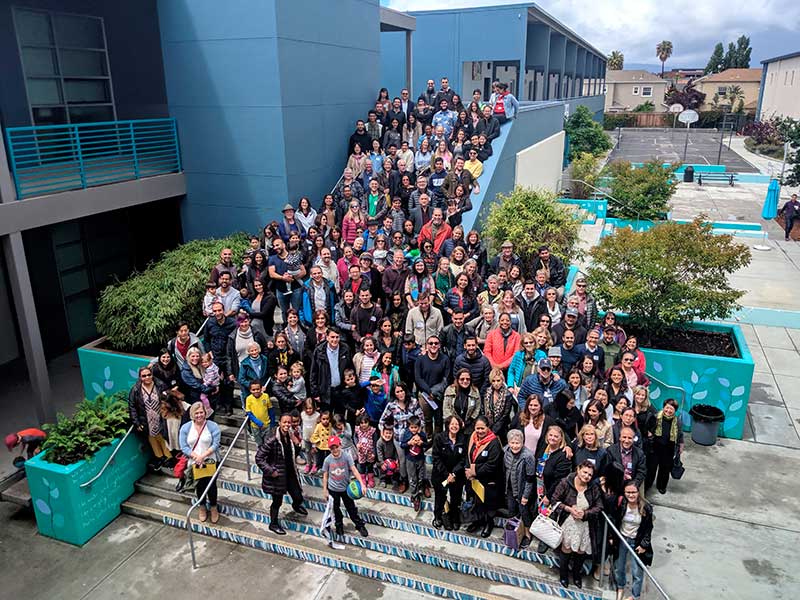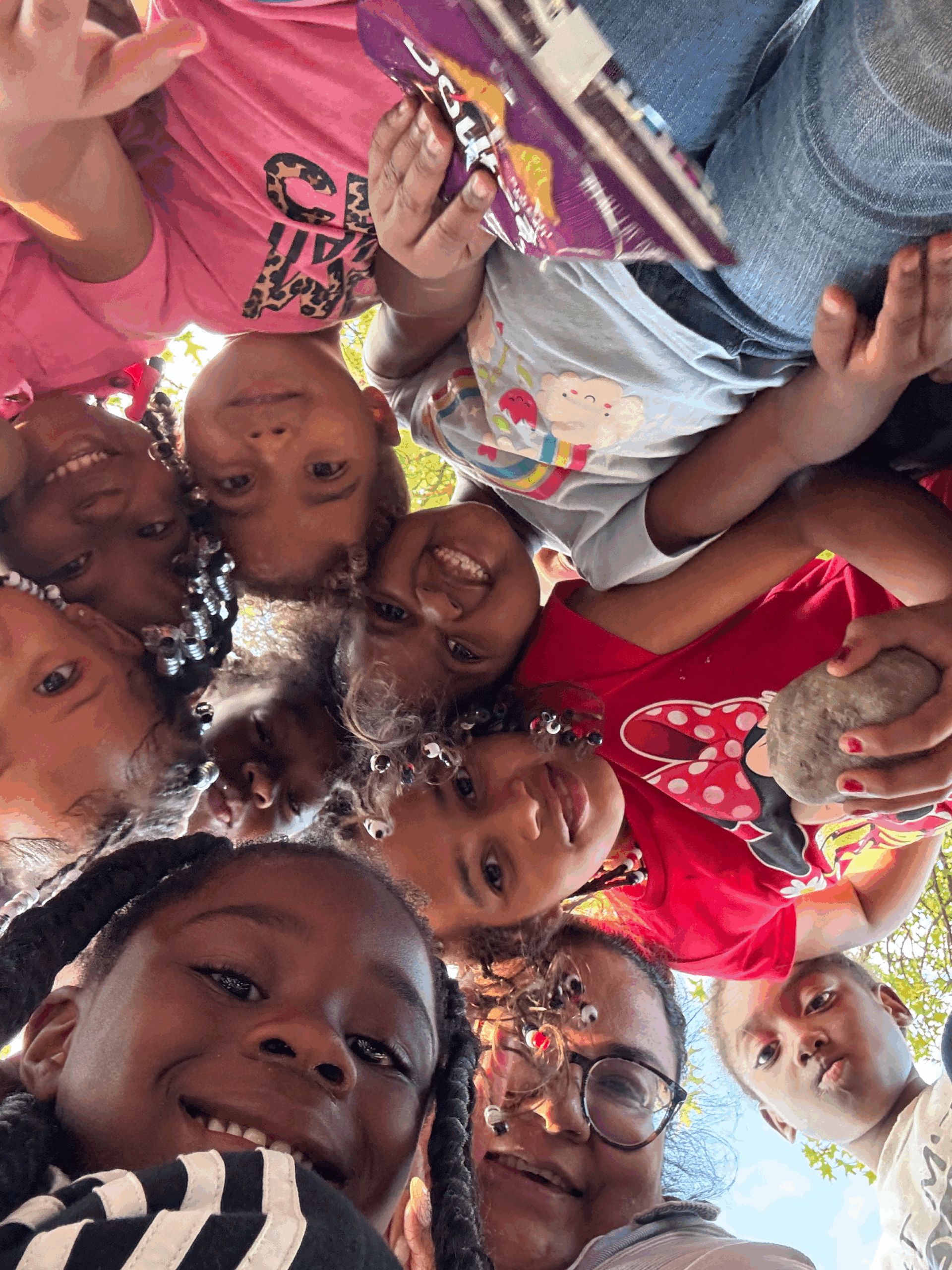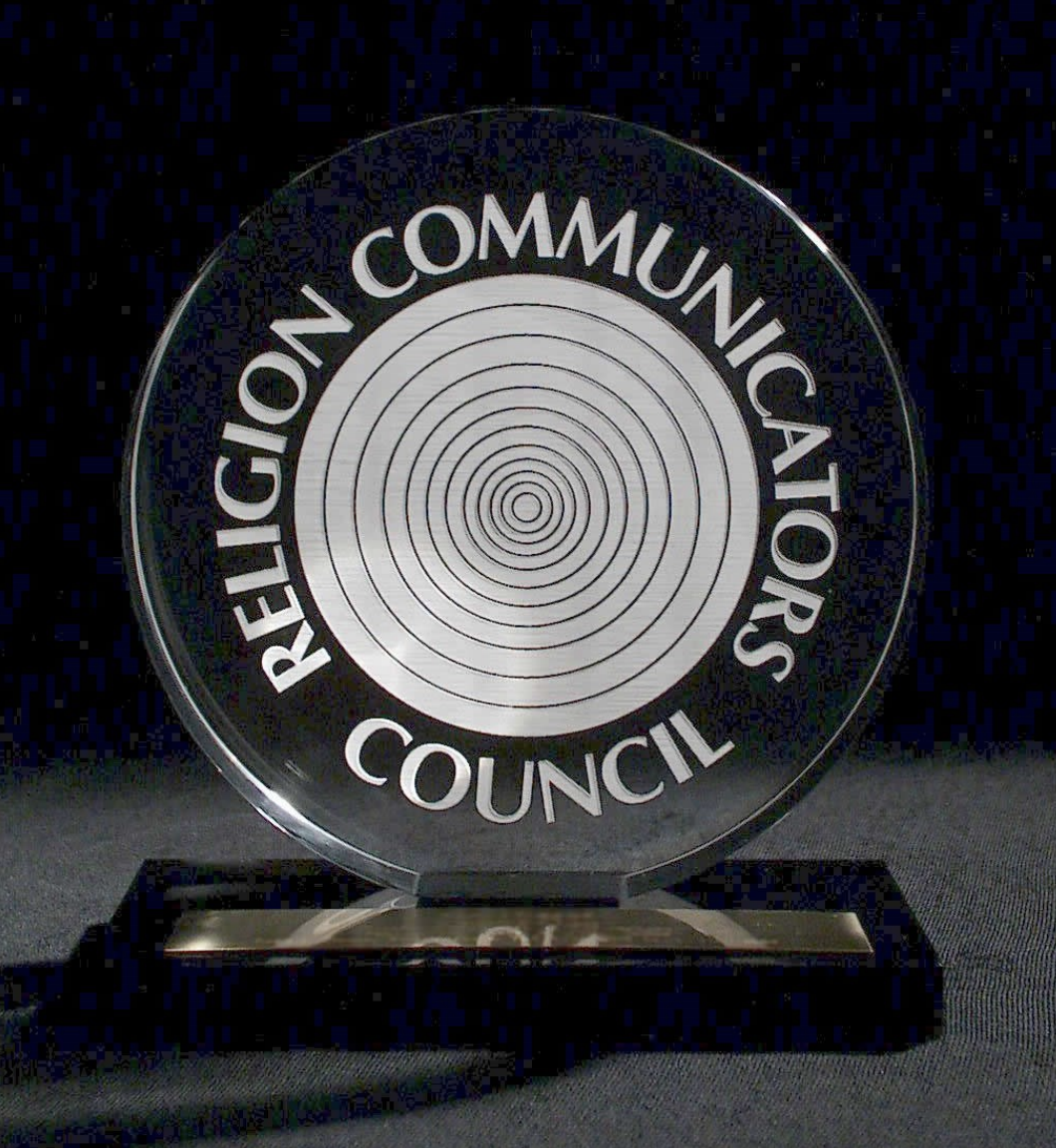
What is a nucleus? Building community bonds in northern Chicago

By: Leslie Farrell and Nadia Mehretab
“Before long, there forms a nucleus of friends in a cluster who are working and consulting together and arranging activities. For the process of growth to advance further, the number of people sharing this commitment must rise, and their capacity for undertaking systematic action within the framework of the Plan must correspondingly increase. And similar to the development of a living organism, growth can occur quickly when the right conditions are in place.” – The Universal House of Justice, 29 December 2015
In communities across the globe, Bahá’ís and friends are forming compact yet expanding groups – in another word, “nuclei” – that are positively affecting their neighborhoods and beyond. These nuclei must embody many elements, including “an institute process gaining in strength,” “adequate support” and “friendships founded on cooperation and reciprocity.” A nucleus refers to a group of people connected by one or more shared lines of action dedicated to the growth of their local Bahá’í community. In the northern Chicago neighborhood of Rogers Park, the friends are learning about just how impactful this vision can be when implemented, and the importance of devotional character in their endeavors.
The nucleus in Rogers Park
When Erfan and Regina Taefi each moved to Chicago in 2018, they were strangers to one another. He arrived from Minnesota and she from Maine. Erfan felt compelled to relocate when the National Spiritual Assembly put out a call for pioneers; Regina was unfamiliar with the Bahá’í Faith and came for an internship as an interpreter of American Sign Language.
Two months later, Erfan and Regina met at a Bahá’í devotional and both were inspired to support the Rogers Park neighborhood nucleus. In less than a year, they were married at the Bahá’í House of Worship in Wilmette. Today, their baby, Anis, is the newest member of the nucleus.
“I wasn’t a Bahá’í when I came to Chicago, but I got involved in the nucleus; it’s the whole foundation our marriage is built on,” says Regina, who currently serves as junior youth coordinator for Chicago and helps to tutor Ruhi books in ASL.
While connections in the nucleus may not lead to marriage, many of those involved do form strong connections that lead to other good things.
“[The friends] are always striving to expand the nucleus, so new people can take part, as opposed to having the same people always taking action,” says Katie Osvold, who serves with the Regional Training Institute in Chicago.
In Rogers Park, the Taefi family is joined by Osvold, her husband and their children, among others, in expanding the nucleus. These families are in the heart of the Rogers Park nucleus that mainly consists of young adults and teenagers. The neighborhood has been involved in the institute process for about a decade.
The two families agree that spending time together planning, discussing, and simply having fun is key to strengthening and expanding the nucleus. They’ve even taken road trips and studied Ruhi books together, including Book 12 on family and the community, and become good friends as a result.
Communities are developing friendships within their nuclei by working together to teach children, hold devotionals, plan youth camps and study the writings in ways that are systematic, yet informal.
The members of Rogers Park’s nucleus are a busy bunch, meeting at least weekly for preparation purposes and then more often to socialize and to follow through on their plans. The results are encouraging and inspiring.
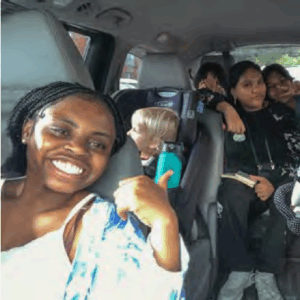
At a recent youth camp, Osvold and a coordinator met with a youth who they’d hoped would want to get further involved in serving, and he enthusiastically agreed. He immediately called friends to arrange home visits for sharing prayers. “Our nucleus is growing to include him,” Osvold said. “This is how [the youth] get a taste of it, and for building capacity for a better world.”
She also says that it helps to “consider everyone we meet as a potential protagonist, gauging their hopes and aspirations in the framework of the plan.” In Bahá’í community building, a protagonist is someone who takes initiative in community-building efforts, and “the plan” refers to the organized approach to community development outlined by Bahá’í institutions. Some want to engage in activities for social reasons, while others seek spiritual education.
A tangible benefit from the nucleus expansion is that their neighborhood park has become more peaceful, Osvold says. Neighbors are collaborating and consulting more these days, resulting in decreased tensions.
“The foundation is to know people,” she says. “It’s hard to resolve conflict if you don’t know the people at all.”
Osvold advises the Bahá’ís to have conversations with others, inquire about their aspirations, share the words of Baháʼu’lláh, invite people into the institute process, and discuss the betterment of the community.
“We’re trying to engage more and more people. Each neighborhood probably sees it a little differently. In mine, we want to strengthen junior youth programs and get to know people and invite them into the institute process,” she says.
Osvold says the group tries various approaches to meet new people, including door-knocking, gathering at the high school, working with groups of friends and inviting people to festivals.
“We pray, we make mistakes, we have crises and victories; we just keep learning and trusting that God will help our efforts.”
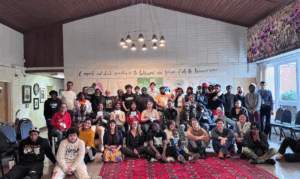
Devotional character flourishes
The Universal House of Justice describes the devotional character of a community as an attitude towards prayer “that takes shape within a broad sweep of the population” and affects “the very spirit of the place” (Ridvan, 2013 Message).
Local efforts towards developing devotional character can find expression in many ways, including prayer gatherings that foster social harmony, or educational programs that build capacity for service to humanity.
“This interplay of worship and service becomes particularly apparent in communities where efforts to contribute to material and social progress are on the rise,” writes the Bahá’í World News Service.
Mathlida Mola, a Baháʼí of Kenyan descent living and serving in Rogers Park since 2019, says that the neighborhood is known as diverse, with many Swahili-speaking families engaged in the institute process. “We have connected with over 100 families in the neighborhood, most of them being Swahili,” she adds.
Mola shares how the culture of service and worship has evolved in Rogers Park over the years. In earlier efforts, the local team worked to develop devotional character in the community through encouraging families to host community-wide devotionals, in addition to saying prayers as a family. While the attempt was noble, she says that it was difficult to track and learn about these spaces systematically.
“We had a meeting with the team in Toronto, and the counselor [there] really helped us shift our mindset from [solely] encouraging the friends to host,” Mola says. “Instead we brought prayers to them.”
The Rogers Park team realized that sharing prayers can mean different things to each family. Home visits became an opportunity to share prayers and welcome others to do the same. As the local team visited more homes, they learned about the ways families in the neighborhood prayed, and sensed an openness towards new approaches to prayer.
While some families come from a tradition of congregational prayer, the team shared with them the Bahá’í approach to prayer, in which each person shares a prayer individually, while others quietly meditate on the words.
“It was nice to see [the families] shift and try to accommodate our ways of praying,” explains Mola. “It’s always been a joy that they feel free enough to say Christian prayers, and we share Baháʼí prayers. Sometimes we also know the Christian worship songs and we join [together].”
Sharing prayers during home visits allows for increased coherence between different community-building activities, Mola says. “The best part of doing devotionals in homes is when we have kids who are coming to children’s classes take charge. They share prayers from children’s classes. It’s nice to hear the parents’ [recognition] of the growth they are seeing in their kids.”
During one visit, a child began sharing a prayer she memorized by heart. When she struggled to remember the next line, her father helped her out.
“He proceeds to recite the entire prayer. We were like, ‘Oh, we didn’t know he’s also learning this,’” says Mola. “Any home visits you do, even if you’re just there to help this neighbor go through their mail or apply for a job, try your best to finish that visit with a prayer.”
The effects of prayer not only reach parents and children, but youth in the community as well. “It’s been wonderful seeing them draw on spiritual concepts when dealing with the challenges they’re facing in their lives,” Mola says.
In 2022, Kuba Fahnbulleh, 19, was inspired to dedicate a year of service after graduating from high school. He has been involved in the institute process since 2019. After nine months, his year of service was unexpectedly cut short due to a major surgery. Fahnbulleh called upon friends in the community for support and prayers.
“[Someone] gifted him a prayer book. He asked them, ‘Do you wanna go for a walk? You wanna say these prayers? Usually when I’m going through such challenging times, I read the Tablet of Ahmad,’” explains Mola. “It was just really wonderful seeing him completely leave it to God.”
On the day of his surgery, Fahnbulleh brought his prayer book with him to the hospital, a gesture that brought comfort to his family, Mola says. Before and after his procedure, community members frequently checked in on Fahnbulleh, sharing prayers and providing support to his family.
“The family felt so much love and support from the community during that period of their lives. Even after the surgery we were there when he was struggling. We said, ‘We’re gonna come. Don’t worry, someone will come and check in on him if he needs someone to take his mind off of the pain he’s going through. We’ll say prayers. We’ll go for walks.’”
Mola says that Fahnbulleh’s parents are quite protective of their children, but feel comfortable with their kids attending the Bahá’í community-building activities.
In Rogers Park, sharing prayers not only draws the community closer together, but leads to deeper bonds of friendship and mutual support in times of crisis. Prayer is no longer relegated to a discrete designated space designated; it is gently interwoven with the vibrant pattern of activity taking place in the community.


